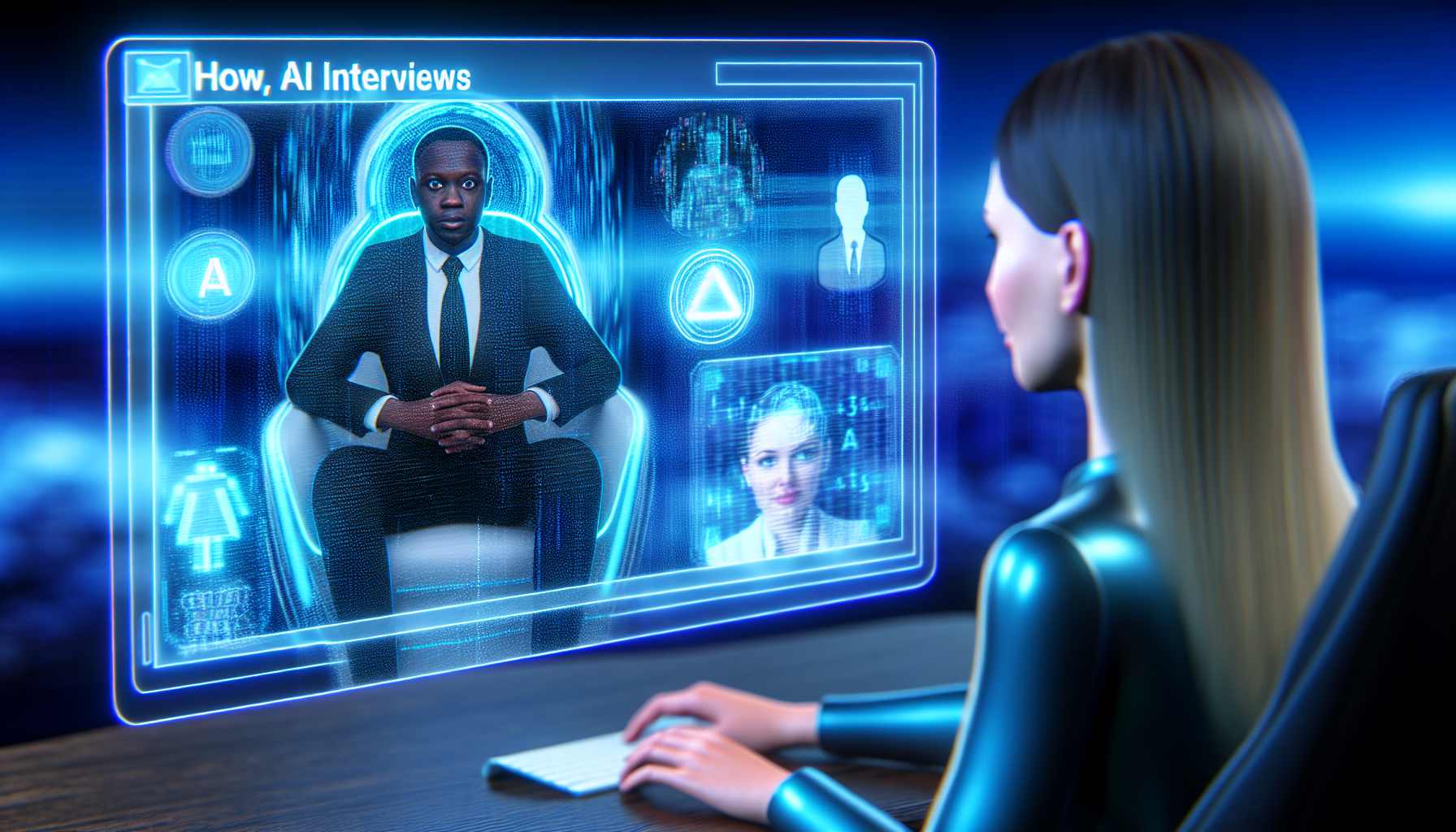Introduction
The integration of artificial intelligence (AI) in the hiring process is transforming traditional recruitment methods. As companies seek to streamline talent acquisition and remove biases, AI-powered interviews are emerging as a game-changing tool. Unlike conventional practices reliant on human intuition, AI interviews use sophisticated algorithms and data analysis to evaluate candidates. This innovation promises to improve efficiency, consistency, and fairness; however, it also raises questions regarding transparency, privacy, and the candidate experience. In this article, we explore how AI interviews are revolutionizing hiring, the key benefits and challenges, how organizations can leverage these tools responsibly, and what the future holds for AI-driven recruitment.
The Mechanics of AI Interviews
AI interviews utilize various technologies—such as natural language processing, facial recognition, and machine learning—to assess candidates. During an AI interview, applicants may respond to pre-set questions via video or voice recordings. The system analyzes content, tone, and even non-verbal cues, benchmarking answers against high-performing employees or established criteria. This allows for scalable, consistent evaluations and enables hiring teams to focus human effort on later interview stages or nuanced decision-making. Furthermore, AI can parse vast numbers of applications, rapidly filtering through skills, experiences, and competencies to generate shortlists that would be daunting for human recruiters alone.
Advantages: Efficiency, Standardization, and Bias Reduction
The main draw of AI-powered interviews is their ability to accelerate and optimize the recruitment process. Key advantages include:
- Efficiency: AI interviews automate candidate screening and initial assessments, saving recruiters hours of manual work.
- Standardization: By applying the same metrics and questions consistently, AI diminishes the variability that comes with human subjectivity.
- Bias Reduction: While not immune to bias, AI systems trained with diverse datasets can reduce the impact of unconscious human prejudices, fostering more equitable hiring outcomes.
This harmonized approach allows organizations to process larger applicant pools without sacrificing quality.
Challenges and Ethical Concerns
Despite its potential, AI interviewing is not without significant challenges. Critics highlight the risk of algorithmic bias—when flawed or non-representative training data leads to unfair assessments of certain groups. Data privacy is another concern, as candidates may feel uneasy about systems recording their speech, appearance, and behavioral cues. Additionally, transparency remains an issue; many AI algorithms are “black boxes,” offering little insight into why one candidate advances while another does not. This lack of clarity can erode trust among applicants and spark legal scrutiny, especially in regions with strict employment laws. Addressing these issues requires active oversight, regular audits, and open communication with candidates regarding how their data is used.
Responsible Adoption and the Road Ahead
For organizations, the responsible adoption of AI interviewing tools is crucial. Best practices include combining AI with human judgment, ensuring diverse and representative training data, and providing transparent feedback to applicants. Employers should also conduct periodic fairness and accuracy assessments to detect unintended biases. As technology evolves, ongoing education for HR professionals and candidates will be essential to ensure ethical and effective use. Looking ahead, advances in explainable AI and data privacy will likely define the future direction of AI-based interviewing, shaping not just how companies hire, but how candidates engage with prospective employers.
Conclusions
AI interviews are poised to revolutionize the recruitment landscape, delivering unmatched speed, efficiency, and standardization. By leveraging advanced analytics and automation, organizations can process large applicant volumes while potentially mitigating human bias. However, these innovations come with complex challenges—particularly concerning fairness, privacy, and transparency. To maximize benefits and minimize risks, companies must adopt AI responsibly, combining algorithmic insights with human oversight and ethical guidelines. As the technology matures, a commitment to ongoing evaluation, open communication, and regulatory compliance will be essential. Ultimately, AI interviews can offer a more effective and inclusive hiring future, provided organizations approach their implementation thoughtfully and transparently.


